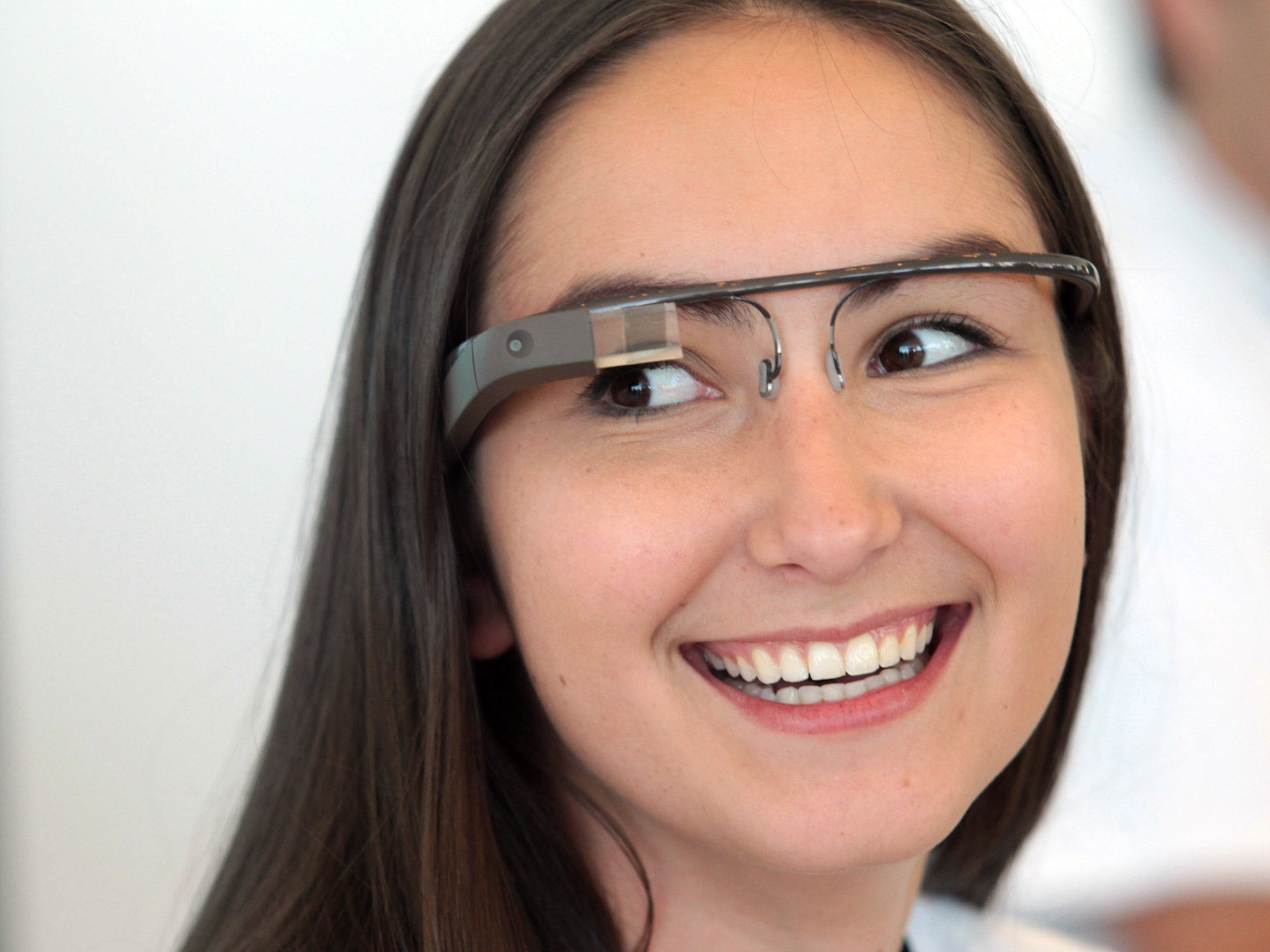Rhodri Marsden: Do we really want an app that monitors our facial expression?

A friend of mine once went on a date with a self-styled psychoanalyst whose romantic modus operandi was to interpret her facial expressions and offer a running commentary on how he thought she was feeling. "You seem uncomfortable," he said – the irony being that she wasn't until he'd said that.
While expressing and interpreting emotion via facial muscles is an integral part of human communication, we're unsettled by over-analysis of the information that our faces might betray.
This might explain the jitteriness surrounding the announcement of a new app for the controversial digi-spectacles, Google Glass, that can tell if we're awfully chuffed or mildly miffed. The app, launched by a company called Emotient as a private beta, is one of a number of digital sentiment-analysis projects that were originally designed to benefit corporations who are hungry for data on how products make us feel. The mass analysis by mounted cameras of our relative glumness while shopping brings with it its own concerns about privacy and anonymity, but this move into wearable technology by Emotient forces us to consider the prospect of one-on-one surveillance.
In other words, you're pointing a camera at my face and it's telling you things I might not want you to know.
But should we be even vaguely concerned about this? After all, the seven expressions of primary emotion that Emotient detects (joy, surprise, anger, fear, disgust and contempt) are things we're already very good at assessing, along with a whole stack of secondary and tertiary ones including wistful nostalgia and a gnawing sense of existential ennui. We may not be able to read someone's sphinx-like poker face from time to time, but the chance of a computer being able to outdo us on that score is pretty slim. (Unless, of course, you happen to be on the autistic spectrum, in which case Emotient's software could be genuinely useful and not remotely threatening to anyone.)
So when Emotient's CEO, Ken Denman, says "one-on-one is interesting, but it's not where the value is", he's right. If the Emotient software flashed up "Heightened Emotion Detected" during an argument with your partner, it's utterly superfluous. It tells you nothing the tears haven't already revealed.
The scepticism and mistrust has more to do with the social acceptability of the hardware, Google Glass. A few days ago, a woman claimed she was assaulted in a San Francisco bar simply for wearing a pair, and while Google continually tries to dampen hostile attitudes towards Glass before considering selling it to the public, there seems to be a stubborn refusal to believe that it could possibly be a force for good.
Following the recent kerfuffle surrounding Nametag, a proof-of-concept facial-recognition app that scours the internet for information about the person you're looking at, Google stressed that such facial-recognition apps would not be made available for Glass. But these innovations inevitably draw more attention to Glass's camera capabilities than its screen, and you even see geeky gadget enthusiasts expressing disquiet: "I for one, will never ever shop in a store where employees wear this," said one online commenter this week below a piece about Emotient.
But when it's verging on impossible to have a discussion about even the more benign aspects of Google Glass without people using the word "creepy", you start to wonder if this is a consumer battle that Google can ever win.
Join our commenting forum
Join thought-provoking conversations, follow other Independent readers and see their replies
Comments
Bookmark popover
Removed from bookmarks